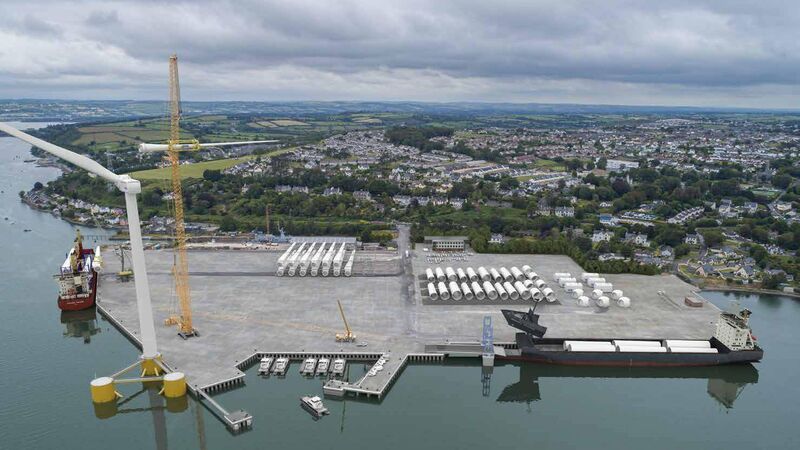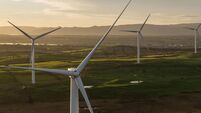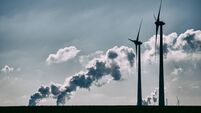Darragh O' Brien: Offshore acceleration plan will be a game-changer for Ireland and our future economy

Artist's impression of how the Doyle Shipping Group's dockyard in Cork Harbour could be used as a major hub for the delivery and assembly of offshore wind turbines. Picture: DSG
In an increasingly competitive global economy, Ireland must leverage its unique resources and strengths to our benefit, and our prospects are among the best in the world. This is of huge importance for us not only as an economy, but also a society.
Historically, Ireland lagged behind in the energy sector due to limited resources compared to other nations. However, with the rise of renewables, this narrative has shifted dramatically — the abundance of wind in our country has become a notable advantage.
















